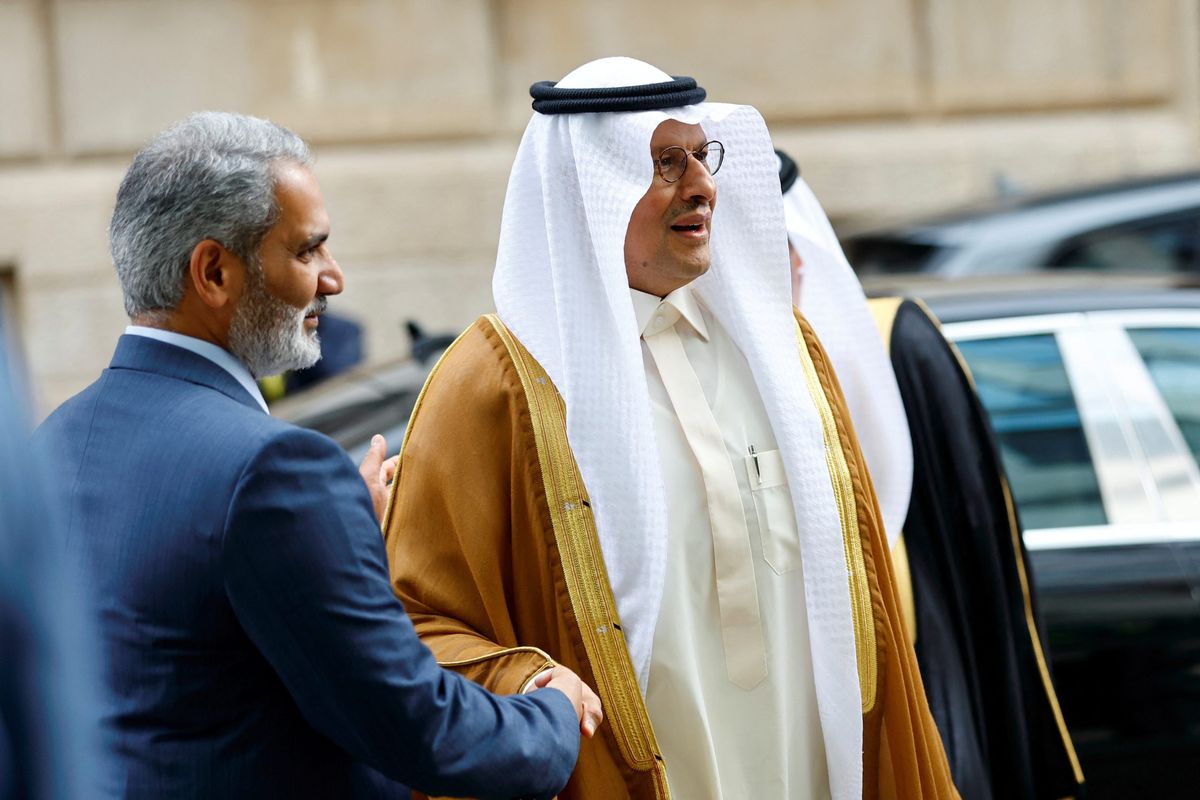OPEC+ is majorly cutting oil output

A few minutes every morning is all you need.
Stay up to date on the world's Headlines and Human Stories. It's fun, it's factual, it's fluff-free.
With the Russian war in Ukraine, energy prices are all out of wack globally. In the US, there are fears that higher prices at the pump will affect the upcoming midterm elections, and Europe is worried about whether or not it will have enough energy to get through the winter.
Well, the group of oil-producing countries called OPEC+ just announced its most recent production targets, and for the low-cost energy lovers in the world (of which there seem to be many), it isn’t great news. The group plans to cut oil production by 2 million barrels a day, which is more than the 1 to 1.5 million barrels per day experts expected them to cut at today’s meeting.
This means that the price of energy, especially oil and gas, is going up, which will make it even harder for countries to get the energy they need to keep homes warm this winter, placing more pressure on global inflation.
Key comments:
“In light of the uncertainty that surrounds the global economic and oil market outlooks, and the need to enhance the long-term guidance for the oil market,” read the statement from OPEC+, the group will “adjust downward the overall production by 2 million barrels per day from the August 2022 required production levels.”
A joint statement from US security and economic officials said that US President Biden was “disappointed by the shortsighted decision … while the global economy is dealing with the continued negative impact of Putin’s invasion of Ukraine”. According to them, the decision “will have the most negative impact on lower and middle-income countries that are already reeling from elevated energy prices.”
“We are here to stay as a moderating force, to bring about stability,” said Saudi Energy Minister Abdulaziz bin Salman.




Comments ()